Community Feature: Mike Digout
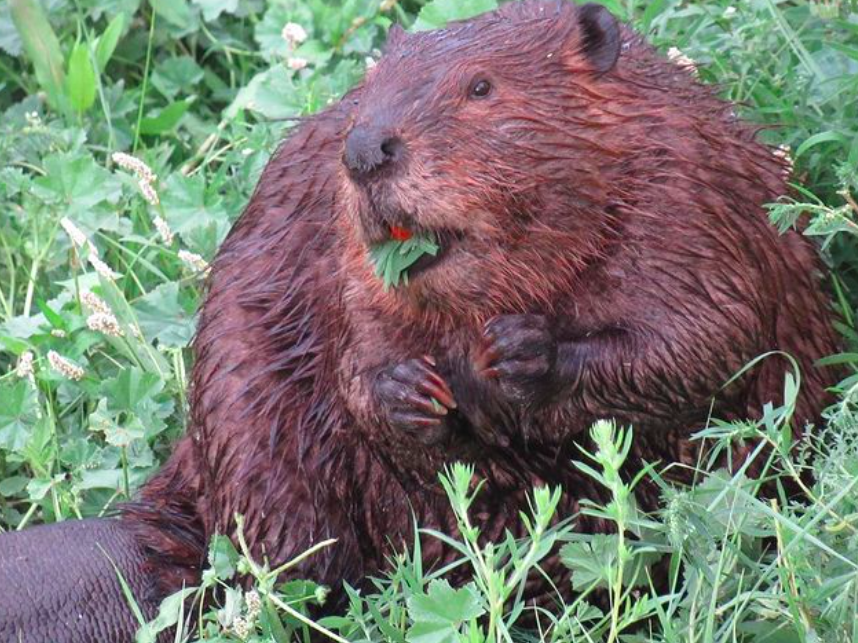
A Word of Thanks from a Nature Enthusiast
The COVID-19 pandemic of 2020 will forever be etched in our collective memories for the changes and challenges that were thrust upon us. But for me, I will also remember 2020 as the year I got intimately acquainted with the beautiful South Saskatchewan River Valley in my home city of Saskatoon, and with the plethora of wildlife that calls the valley home.
At the start of the lockdown, I started taking daily walks along the various trails that make up Meewasin Trail in Saskatoon. One evening, I noticed a beaver on the river’s edge, and I patiently followed it for half an hour until I ended up near a beaver lodge hidden in downtown Saskatoon. There I watched in awe as several beavers came and went in the hour leading to dusk. I was instantly hooked. For the next three months, I went to the river every day to watch this thriving urban beaver community.
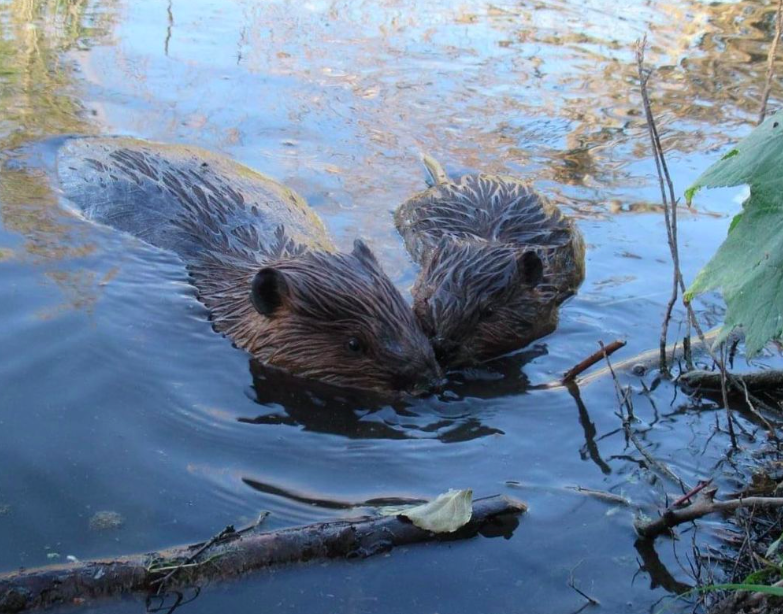
In July, the river levels went up substantially, and my sightings of beavers in the river became less frequent. I took the opportunity to visit a beaver pond I knew of near the University of Saskatchewan. The first time I sat next to the pond, I watched a large adult beaver eating and swimming, and it gave me joy.
I started returning to the pond each day, and I soon realized there was a family of seven beavers living there; two adults, two sub-adults, and three kits. This beaver family had created a series of five dams and ponds in a gully leading from the university grounds to the South Saskatchewan River; creating an aquatic oasis of nature and wildlife in what would otherwise be a non-descript piece of land.
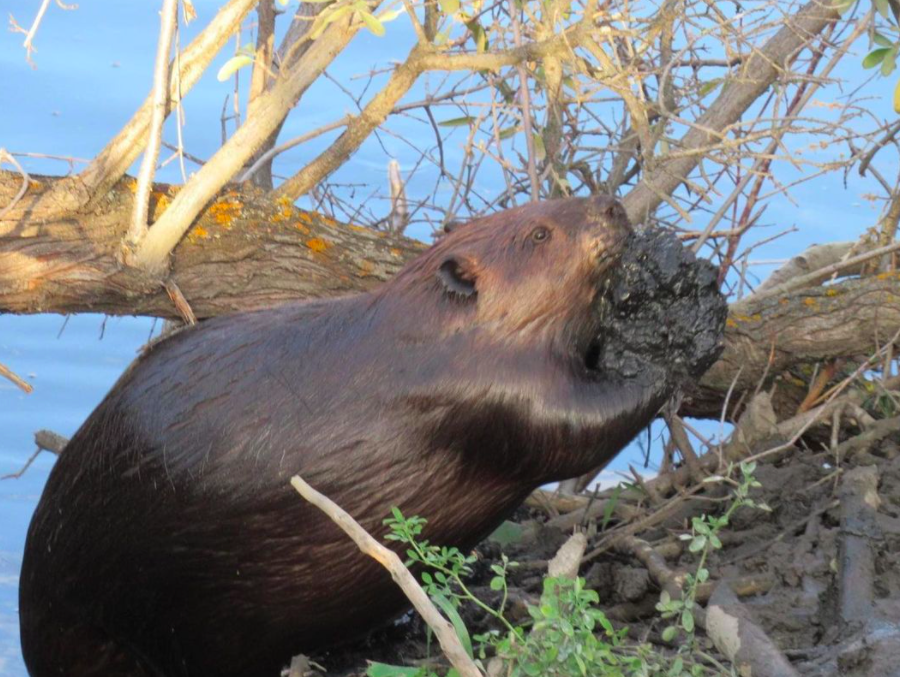


I was continually amazed by how this family of beavers were co-existing with humans in this urban setting. Their pond sits in the shadows of man-made structures, and their lodge literally touches the edge of the sidewalk.
These beavers spend their days only meters from a steady stream of walkers, cyclists, and joggers. And in this urban oasis, the beaver ponds have attracted a wide variety of urban wildlife. This summer I saw mink, weasels, voles, porcupines, chipmunks, mice, snakes, frogs, foxes, and countless varieties of birds at or near the beaver ponds.
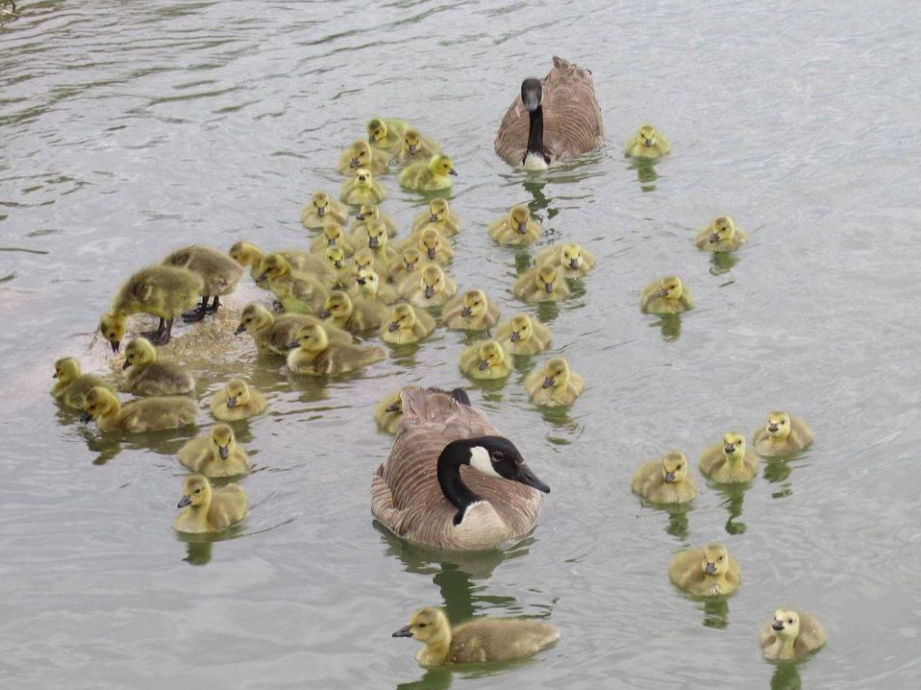


I have always loved nature and wildlife, but prior to 2020, I spent a lot of time driving to find it. The 2020 pandemic helped me realize that nature and wildlife is just outside our front doors; and thrives right here in our city.
Being in nature, and watching wildlife in its natural setting, brings me great joy. It provides a sense of wonder, serenity, peace, beauty, and connection to the world that I sorely needed in 2020. I strongly believe that thriving wildlife populations and protected areas of nature in and near urban communities are so important for all of these benefits they can bring.



But left unfettered, the intersection of urban communities and with wildlife and nature will likely not end well for wildlife. Beavers are a perfect example of the impact humans can have on nature and wildlife.
Canada’s National symbol was virtually trapped to extinction just several decades ago. Only targeted conservation efforts and regulation has allowed beaver populations to recover so that nature enthusiasts like me can witness this remarkable creature, and other wildlife can benefit and thrive because of the habitats that beaver ponds create.
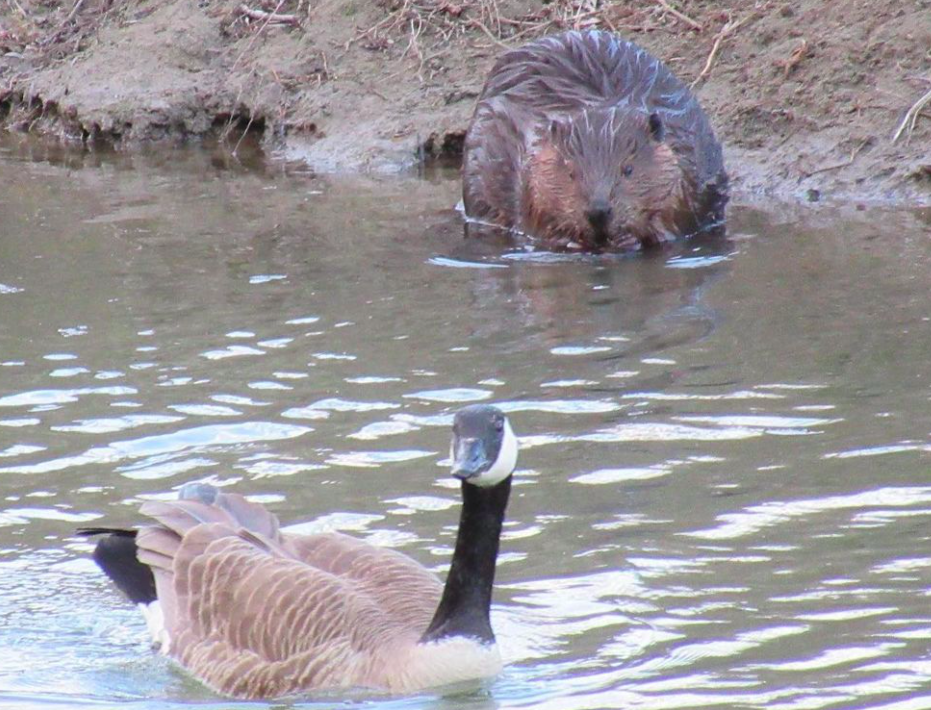


“Photo gallery from last spring of beavers and geese sharing the riverfront habitat in Saskatoon. From my observation they pretty much ignored each other and went about their business.” From @mikedigout on Instagram.
As a Saskatoon resident, I am so thankful for the Meewasin Valley Authority, which leads the battle to ensure a balance between human use and conservation of our river valley; to ensure that a healthy and vibrant river valley will benefit not only current citizens of Saskatoon, but also generations to come.
On a larger scale, I appreciate organizations like CPAWS (the Canadian Parks and Wilderness Society) which works tirelessly to preserve the health of important natural ecosystems in our Province and our Country, and to ensure the beauty and wonder that nature and wildlife brings will be sustained for future generations of Canadians.
I love nature, and I love wildlife. The time I spend enjoying the great outdoors is so important to my mental and physical well-being. I tip my hat to all the employees and volunteers in organizations devoted to the conservation and sustainability of nature and wildlife in our community and country; and I offer my greatest thanks for the wonderful, important work you do. I thank you, the beavers thank you, and generations of future Canadians thank you.
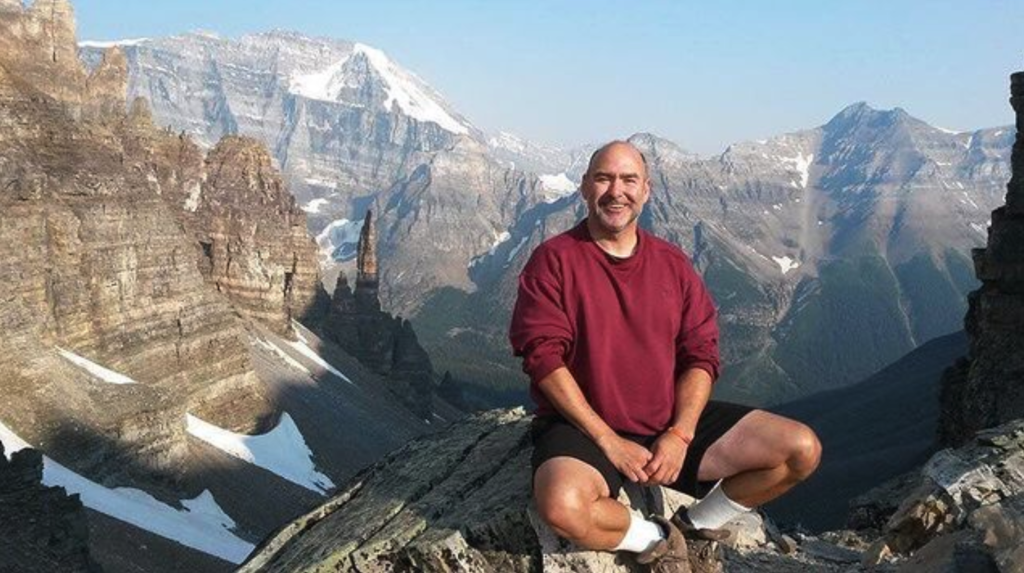


Mike is a long time resident of Saskatoon who works in the Federal Public Service. He has a lovely Wife of 20 years and four adult-aged sons. In his free time he loves hiking, watching wildlife, and taking drives in the country-side. Follow @mikedigout on Instagram to see the rest of his photos featuring Saskatoon’s urban wildlife.
